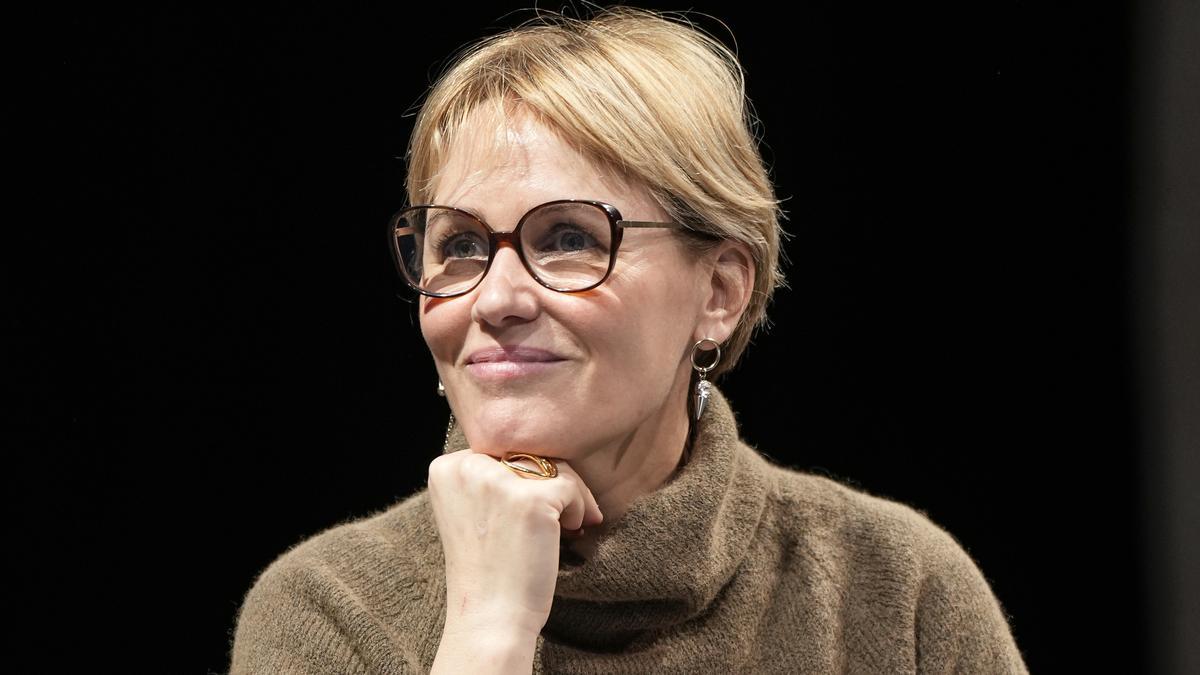
As the glitterati of the film world descend upon the Côte d’Azur for the 77th Cannes Film Festival, there’s an undeniable undercurrent of tension this year. Opening tomorrow, the festival finds itself in the crosshairs of a burgeoning #MeToo movement in France, set against a backdrop of protest, war, and global unrest.
Judith Godrèche, a French director and actor, is at the vanguard of this tumultuous climate. Earlier in the year, she leveled accusations of sexual assault during her teenage years against filmmakers Benoît Jacquot and Jacques Doillon. The allegations, which Jacquot and Doillon vehemently deny, have stirred a maelstrom in the entertainment industry, amplifying dialogues about the entrenched nature of abuse and the imperative for change.
Speaking out ahead of the festival, Godrèche expressed her desire for a meaningful shift in the industry, stating, “I hope that I’m heard in the sense that I’m not interested in being some sort of representation of someone who just wants to go after everyone in this industry. I’m just fighting for some sort of change. It is called a revolution.”
Her activism bears fruit in the form of “Moi Aussi,” a profound short film premiering at Cannes in the Un Certain Regard section. This film compiles the testimonies of numerous women, standing as a stark indictment of the film industry’s systemic issues and a broader societal malaise.
Reflecting on the film’s significance, Godrèche remarked, “For me, having these faces, these people—everyone in this movie—gives them this place to be celebrated. There’s this thing about this place that has so much history. In a way, it mystifies movies forever. Once your film was in Cannes, it was in Cannes.”
Amplifying the sense of foreboding is the circulation of rumors in France about a clandestine list naming ten prominent industry figures, each allegedly guilty of misconduct toward women. The French newspaper Le Figaro’s recent headline, “#MeToo: Anxiety Grips Cannes Film Festival,” has kindled intense speculation over who might next face public #MeToo accusations.
The president of the Cannes Film Festival, Iris Knobloch, has taken proactive measures by enlisting a crisis management PR firm to brace for any potential fallout. Currently, the festival lacks an explicit protocol for dealing with sexual harassment allegations, creating a predicament over whether to disqualify certain films or disinvite accused figures from prestigious red-carpet events.
The festival is ensnared by a crucial difference from the protocols of the César Academy, which explicitly excludes professionals under formal police investigation. Often, in the absence of formal complaints, Cannes will need to navigate accusations with discretion and preserve the presumption of innocence—a challenging balance to strike.
As the world’s film community watches, the Cannes Film Festival commences, filled with the usual anticipation for cinematic artistry, but also the knowledge that the spotlight may well turn to much darker narratives unfolding behind the screen. The coming days will reveal whether the festival can withstand the tremors of the #MeToo movement or if it will indeed usher in the revolutionary change that advocates like Godrèche are fighting for.
While the outcome is uncertain, one thing is clear: the 77th Cannes Film Festival will be remembered not only for the films it showcases but also for the crucial conversations it may start—or amplify—about accountability and change within the sacred halls of cinema.












